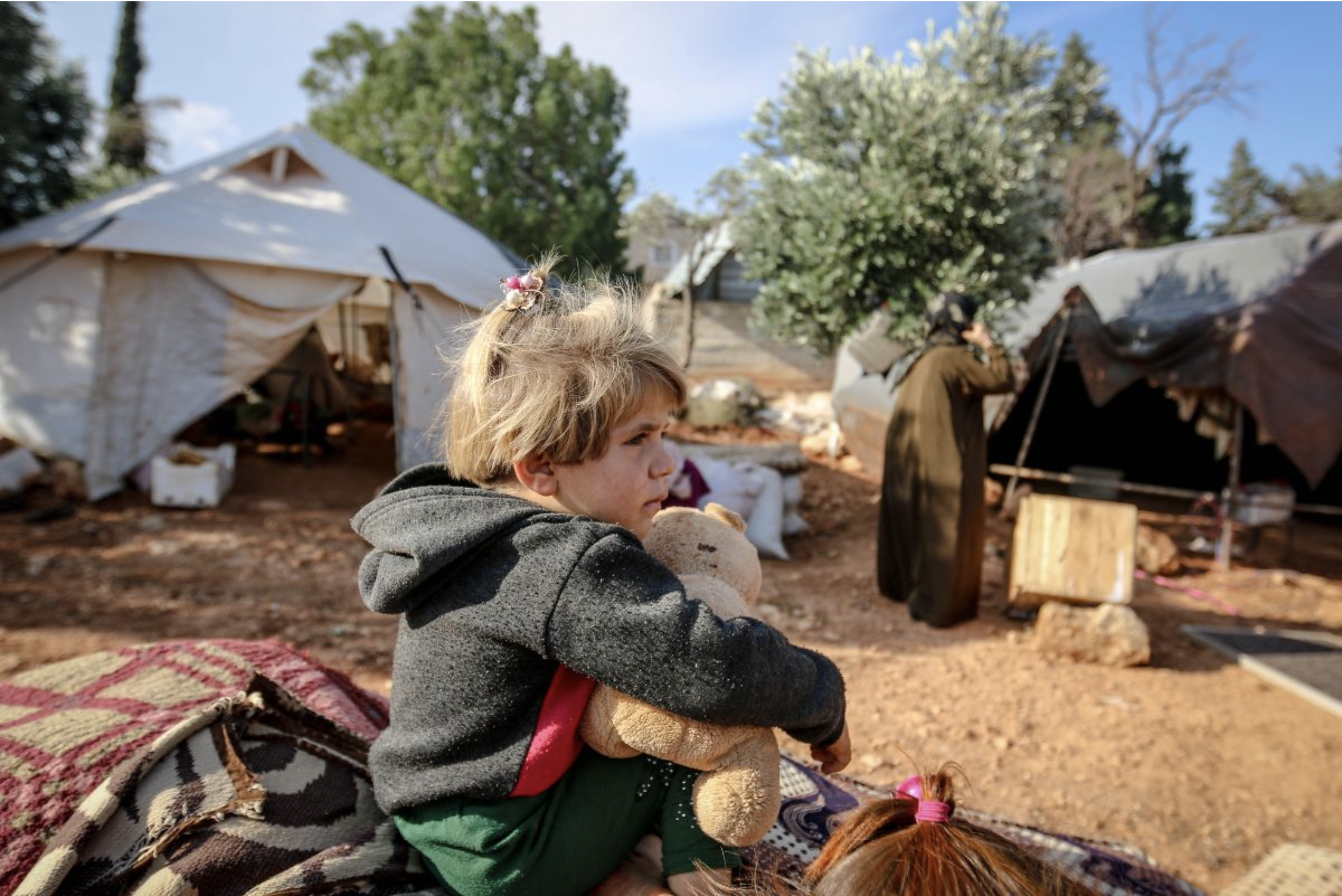Every year on November 10, we commemorate World Science Day for Peace and Development, proclaimed by UNESCO in cooperation with the International Science Council. This day highlights the crucial role of science in building peace, addressing global challenges, and strengthening trust between science and society.
The theme for 2025 is “Trust, Transformation, and Tomorrow: The Science We Need for 2050.” It emphasizes the need for science that can restore trust, inspire social change, and shape a fairer and more sustainable future.
War and Peace from a Psychological Perspective
One of the fields that directly contributes to these goals is peace psychology — an interdisciplinary area that studies the psychological and social processes related to conflict, reconciliation, and peacebuilding. It explores how prejudices are formed, how empathy between groups can be promoted, how trust is built in times of uncertainty, and how societies cope with the trauma of violent or long-lasting conflicts.
The central idea of peace psychology is that peace does not merely mean the absence of conflict or war, but rather the presence of justice, respect, and dialogue. Peace psychology therefore promotes research, education, and practice focused on peaceful conflict resolution, violence prevention, and strengthening human cooperation and understanding within societies, communities, and families. In this way, it contributes to the creation of a culture of peace, which is essential for sustainable development and social trust.
Moral and Politicized Motivations: The Source of Sustainable Help for War Refugees
Just as we mark this year’s World Science Day for Peace and Development, a new study on solidarity and aid in wartime has been published. The research, led by Nóra Anna Lantos from ELTE Budapest, also involved researchers from the Institute for Research in Social Communication of the Slovak Academy of Sciences Barbara Lášticová and Xenia Daniela Poslon. The study includes over 3,300 participants from Hungary, Slovakia, and Poland who were active in helping refugees from Ukraine after the start of Russia’s invasion in 2022. It explores what motivates people to help and why some are able to sustain their engagement over time.
The authors distinguished three types of motivation for helping refugees: personal (helping for one’s own satisfaction, a sense of usefulness, or positive emotions), moral (based on values and a sense of duty), and politicized (understood as an act of solidarity and disagreement with social injustice or aggression). These motivations are not mutually exclusive, and people may be driven by several of them at once. However, they have different implications for the long-term sustainability of help and solidarity.
The results suggest that moral and politicized motivations are stronger predictors of long-term and selfless help than personal motivation. Conversely, personal motivation is often linked to stereotypical expectations of refugees. For example, that they should be “grateful,” “helpless,” or “culturally similar” to the helpers. These stereotypes reduce the willingness to continue helping over time and show that solidarity is not always unconditional. The research demonstrates that help based on values and a sense of social justice, rather than on stereotypes, tends to be more durable and resilient to compassion fatigue.
Selective Solidarity
This research is part of a special issue of the International Journal of Social Psychology focused on the phenomenon of selective solidarity in the context of ethnicity, migration, and intercultural relations — situations where the same principles are applied unevenly to different groups.
In recent years, double standards have become increasingly visible not only in academic discussions but also in public debates, as global crises reveal that solidarity is not always universal. Reactions to the war in Ukraine or the military interventions in Gaza have shown that empathy, legal protection, and international aid are often influenced by geopolitical interests, media framing, and group identity.
Such unequal applications of fairness and justice weaken trust in universal human rights and in the idea of shared humanity. Yet, identifying these inequalities enables critical reflection. In this sense, research on solidarity and refugee aid contributes to a broader debate about how selective empathy can be transformed into sustainable, inclusive solidarity.
Intergroup Solidarity as the Foundation of Trust and Peace
Solidarity is not merely a matter of individual compassion but also of social norms that determine who is considered worthy of our help. The study’s findings show that long-term and selfless aid is driven primarily by moral and politicized motivations rooted in values and a sense of justice. In contrast, when solidarity is shaped by stereotypes and norms of “deservingness,” human empathy becomes selective and prone to double standards.
When a society understands solidarity as a social commitment rather than an individual gesture, it becomes more resilient to polarization, hate-driven narratives, and intergroup violence. This kind of research lies at the heart of peace psychology, which analyzes how social processes, norms, and motivations shape relationships between groups — showing how science can actively contribute to peacebuilding and social development.
Grant support: VEGA 2/0102/22, APVV 23-0119, PostdokGrant APD0112
Prepared by Barbara Lášticová, Xenia Daniela Poslon, Institute for Research in Social Communication SAS, Katarína Černá, The Department of Political Science, Faculty of Arts, Comenius University Bratislava
Photo: canva.com







